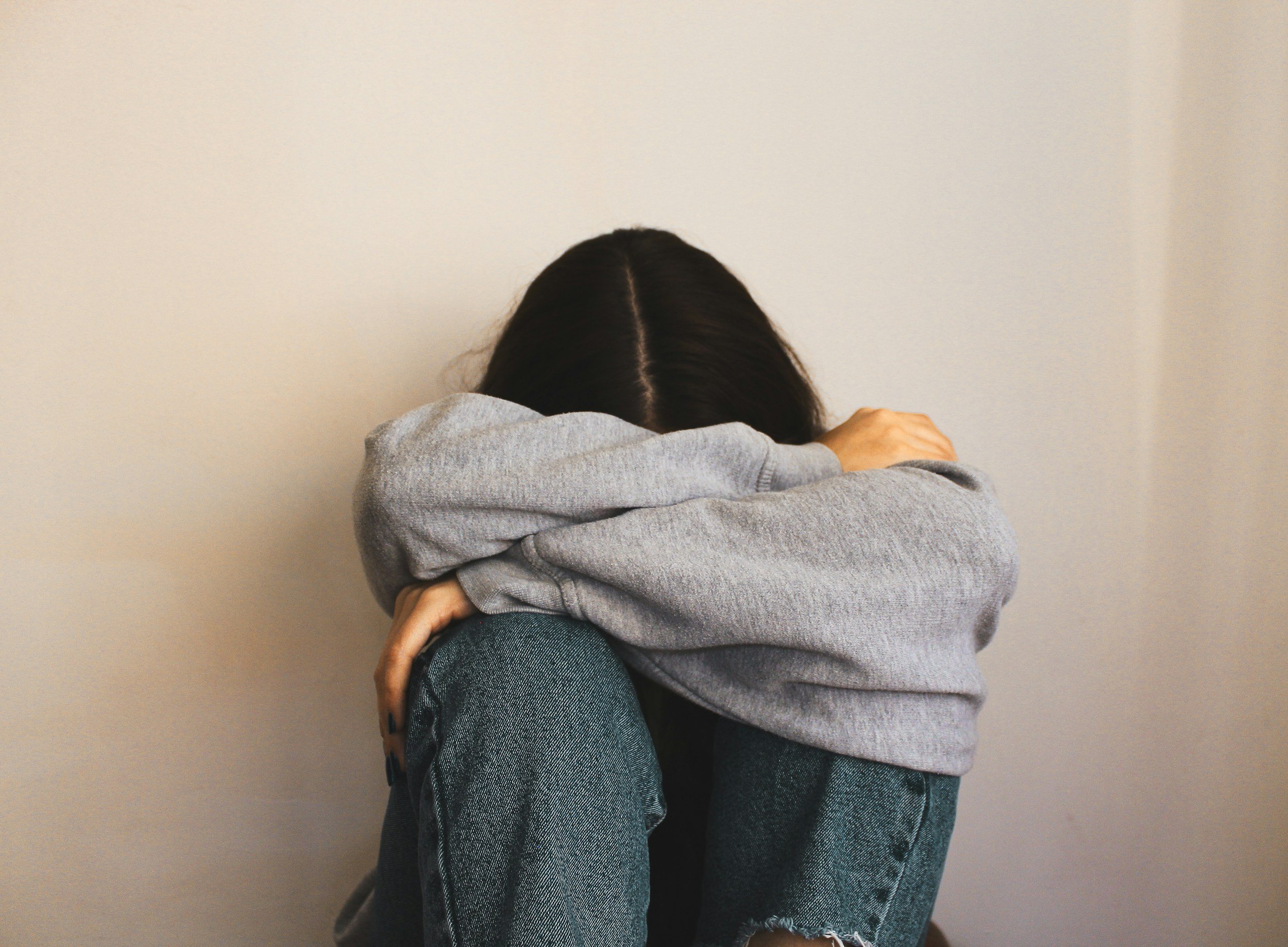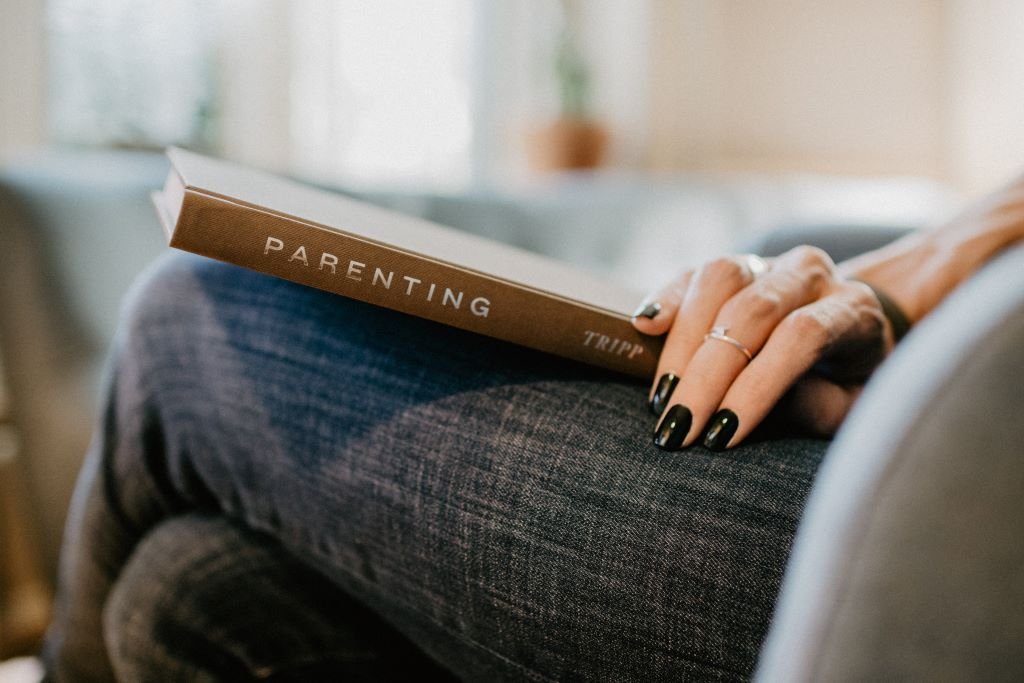Must reads to recognize & heal complex ptsd

How to Remember Joy When You Had a Traumatic Childhood
Advice to remember childhood to connect with joy or creativity is common in the self-help space. It ignores the fact that many of us come from traumatic childhoods.

How To Heal From A Narcissistic Mother: 9 Proven Ways
In this article, we’ll cover 9 ways to heal from a narcissistic mother from someone who’s been there. Plus, the most common signs of a narcissistic mother.

How to overcome emotional neglect from childhood
This article will help you overcome emotional neglect by explaining what it is, the signs you struggle with it, and healing strategies to move you forward.

When You Crave Intense Energy Due to Childhood Trauma
When you grow up in a dysfunctional home, there can be lots of chaotic and intense energy. This can lead you to become accustomed to this type of environment and people.

How to stop lying to yourself that you're okay
As a Gen X , I relate to the lack of care and attention that was emblematic of my generation. But, I’m not lying to myself that it made me a better person.

How to stop being strong
Being strong is another symptom of growing up in a dysfunctional home. When emotions or mistakes are viewed as weaknesses, you man (or woman) up to survive.

How to overcome fear of rejection
The fear that prevents you from asking for what you want is the chance you might experience rejection. You avoid asking which ensures you never get what you want.

How to understand addiction as a coping mechanism
You may have been punished for your wants and needs, or for having emotions. Enter an addiction to give you a release valve from all this self-oppression.

How to understand why criticism makes you fall apart
If you grew up without praise or encouragement, you will feel overly sensitive to criticism. You equate criticism with rejection that feels life-threatening.

How to deal with guilt feelings and where they come from
Bréne Brown says guilt tells you when you’ve done something wrong. However, for those raised with abuse and neglect, guilt can be a conditioned response.

How to understand your fear of getting in trouble
Fear of getting in trouble is a symptom of childhood trauma. Whenever the phone rings or someone wants to talk, you assume it’s because you’ve done something wrong.

How to understand your need for certainty
Everyone has a need for certainty. For the childhood trauma survivor it feels like life or death because it developed as a response to feeling abandoned.

How to overcome social anxiety from childhood trauma
If you grew up with abuse or neglect, you are a prime candidate for social anxiety. If your parents rejected you, it is hard to believe others will accept you.

The problem with "they did the best they could"
I’ve noticed a pattern among childhood trauma survivors. And that’s how quickly they rush to defend the parents who failed to give them what they needed.

How to understand the freeze response and its purpose
Have you been in situations where looking back you should have felt intense fear but instead felt nothing? Did you minimize or deny rather than assess the circumstance accurately?
